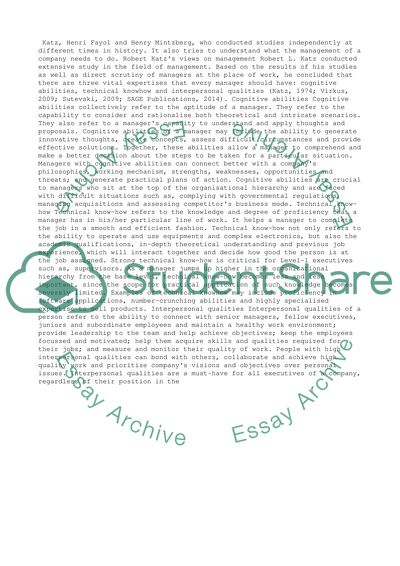Cite this document
(“Management work has been researched through a large number of studies Essay”, n.d.)
Retrieved from https://studentshare.org/management/1498819-management-work-has-been-researched-through-a
Retrieved from https://studentshare.org/management/1498819-management-work-has-been-researched-through-a
(Management Work Has Been Researched through a Large Number of Studies Essay)
https://studentshare.org/management/1498819-management-work-has-been-researched-through-a.
https://studentshare.org/management/1498819-management-work-has-been-researched-through-a.
“Management Work Has Been Researched through a Large Number of Studies Essay”, n.d. https://studentshare.org/management/1498819-management-work-has-been-researched-through-a.


